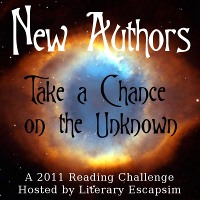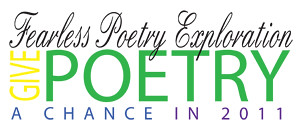Happy Valentine’s Day, everyone. Today’s normally reserved for lovers, poets, and married couples to share the joy of their relationships, and some even accomplish that with poetry from The Bard himself, Shakespeare.
In that way, today’s announcement is about Shakespeare because authors Anthony Del Col and Conor McCreery will be at the Washington, D.C., Folger Shakespeare Theater on February 15, 2011, at 7:30 p.m. Tickets are $15 each.
Both authors will discuss their suspense and adventure graphic novel, Kill Shakespeare, in which all of Shakespeare’s heroes team up to save a wizard named Shakespeare from the villains of his plays.
Here’s a synopsis of the novel:
Kill Shakespeare is an adventure that pits Shakespeare’s greatest heroes (including Hamlet, Juliet, Othello, Falstaff, Puck) against his most menacing villains (including Richard III, Lady Macbeth, Iago) in a quest to track down and kill – or save – a reclusive wizard by the name of William Shakespeare. A combination of Lord of the Rings, Shakespeare in Love and the comic book series Fables, and told in modern-day English (with some Shakespeare expressions thrown in measure for measure), it is an adventure ull of action, drama, bloody violence, love, lust, comedy, double-crossing and cross-dressing – an adventure of Shakespearean proportions. . .
For those of you interested in learning more about the graphic novel, please check out this YouTube video:
Here are a couple of inside pages to view as well. Also, check out the blog.
If, you are in the D.C. area, you should stop by the Folger Shakespeare Theater to check out these authors tomorrow evening.

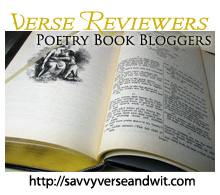



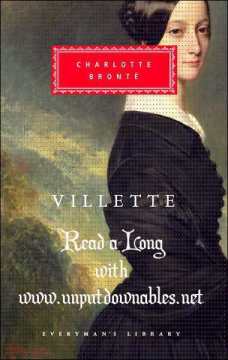 Unputdownables is hosting a
Unputdownables is hosting a 

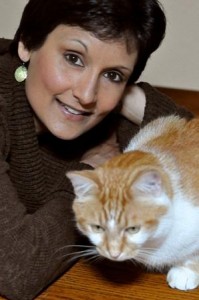
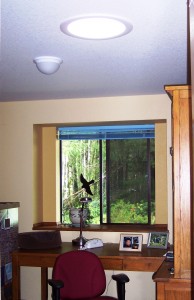
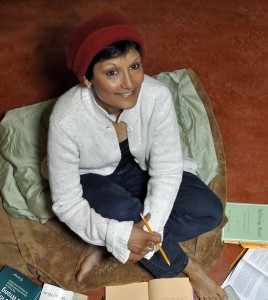
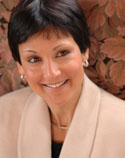
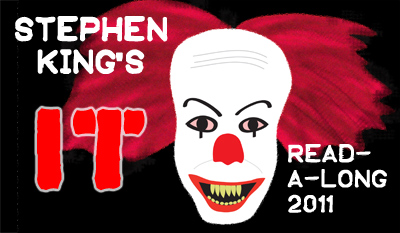
b.jpg)
